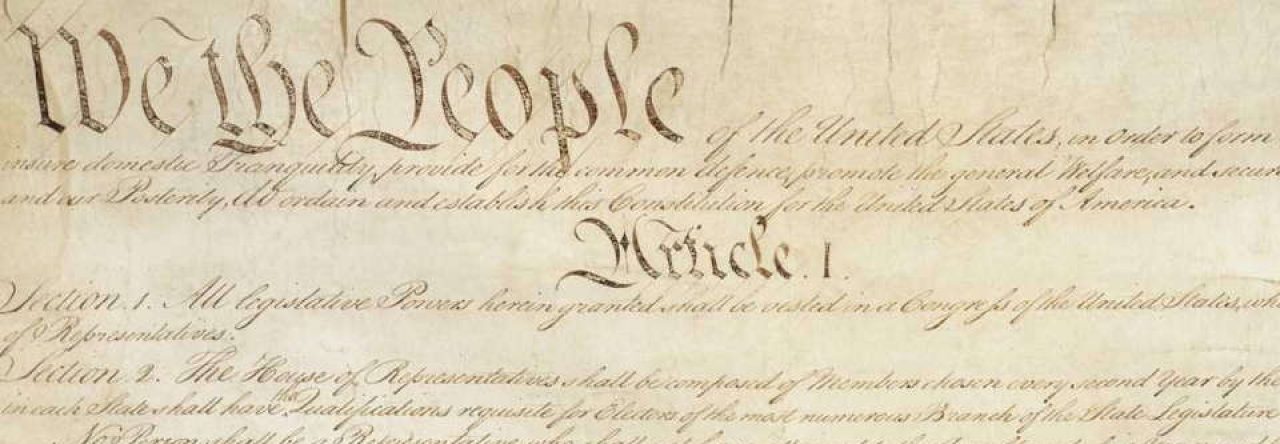Legal Basis of the defense
“None of the purposes of the criminal law would be served by punishing the insane because our collective conscience does not allow punishment where it cannot impose blame” (Robin 1997).
The insanity defense arises from our fundamental understanding of responsibility. As a society, we intuitively recognize that “ minimal rationality (a cognitive capacity) and a minimal self-control or lack of compulsion (a volitional capacity) are the essential preconditions of responsibility” (Morse 1985). In other words, in order to be held responsible for an act, an individual must possess the ability to recognize it as wrong and act accordingly. Thus, cognitive ability and self-control are necessary precursors to responsibility. Modern criminal law rests upon the concepts of responsibility and blameworthiness. The criminal justice system assumes that individuals exercise free-will in control of their own behavior. As an “instrument of social control,” it assigns blame and determines consequences when individual behavior defies legal standards (Chernoff 1972). To assign guilt and exercise control, the criminal justice system must ascertain that a wrongful act was deliberately committed and freely chosen.
